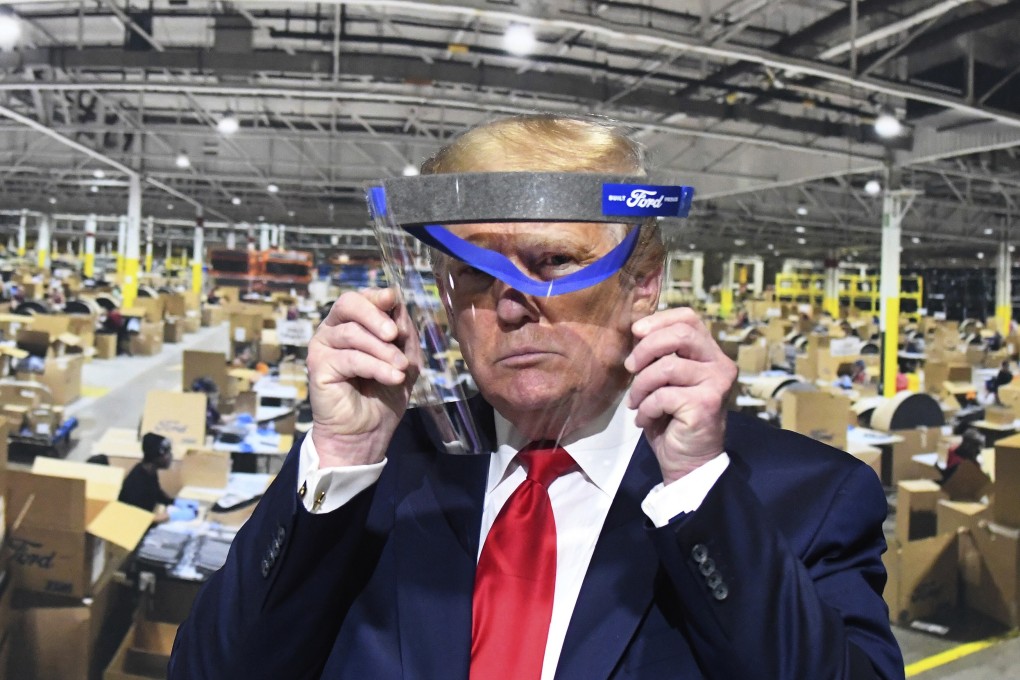Opinion | Trump’s bluster over the coronavirus and China fails to do his re-election hopes any favours
- Trump’s efforts to deflect and distract are not having the desired effect, given that the president and public opinion are poles apart on the coronavirus response
- No amount of blaming Beijing will paper over the looming threat that rising unemployment poses to the US economy’s recovery

With about five months until the election, US President Donald Trump faces stagnant approval ratings, a persistent coronavirus and an economic recovery at risk. Instead of focusing on pressing domestic issues, he is painting a Chinese target both on Joe Biden’s back and as a stand-alone straw man in an effort to distract the public.
When it comes to presidential elections, international disputes rarely decide the outcome. Despite the ideological Cold War battles with the Soviet Union, Ronald Reagan won 48 out of 50 states in 1984 on one main issue, his handling of the economy. The US was then two years into a recovery with low inflation and low unemployment.
Trump is no Reagan, and a coronavirus-ravaged US economy in 2020 couldn’t be more different than the booming 1980s. He is already at odds with a public that has the coronavirus foremost on their minds. An April Pew Research survey showed 65 per cent of respondents thought he had acted too slowly to address the coronavirus threat, 66 per cent believed state governments would open too quickly and 73 per cent believed the worst was still to come.
